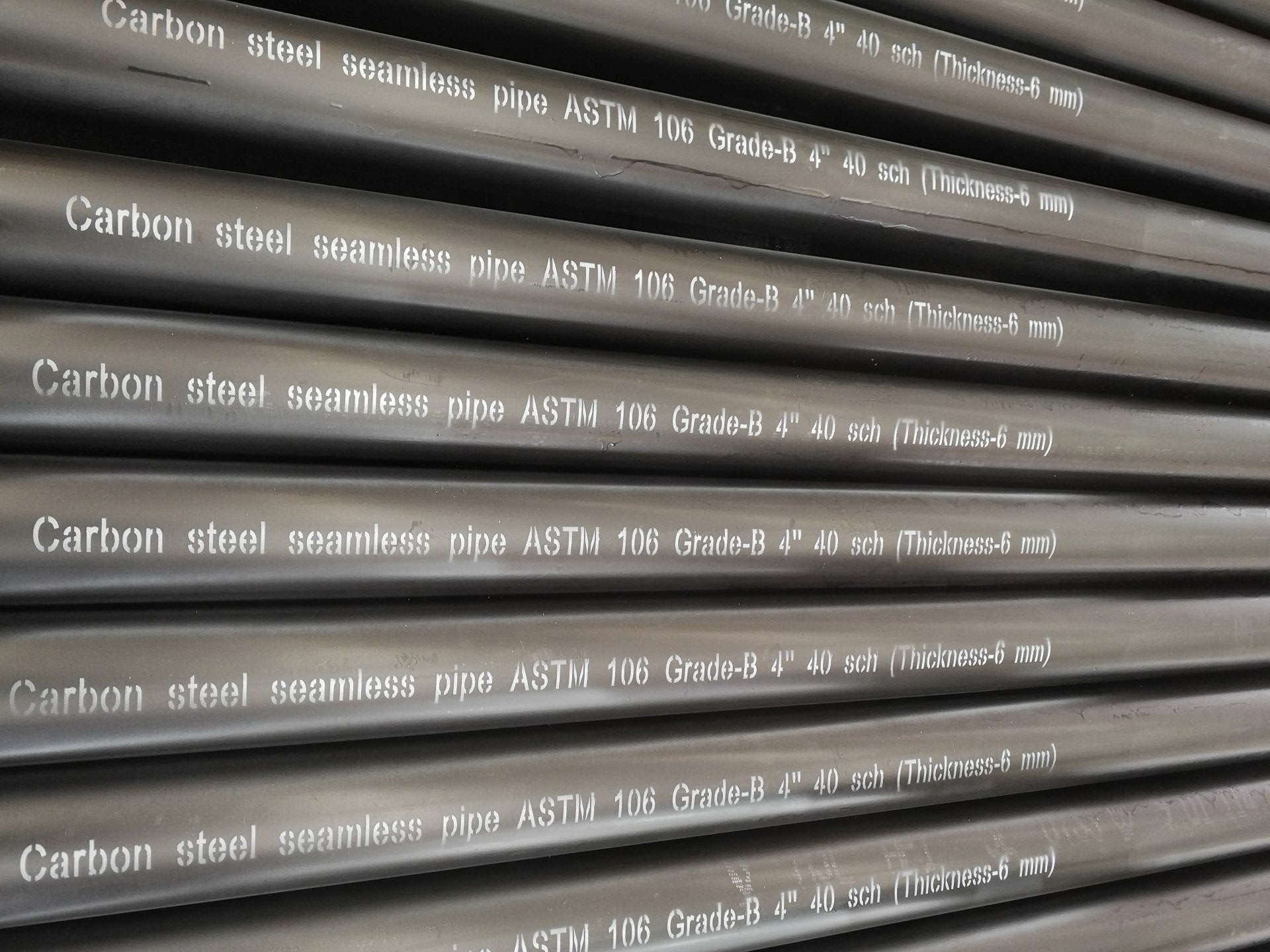Gen . 26, 2024 11:42 Back to list
Stainless steel-How To Clean Stainless Steel Appliances
How To Clean Stainless Steel Appliances
Those with stainless steel appliances and a full household know the struggle of streaks, smudges, and fingerprints all over your once-shining cookware. Brand new stainless steel appliances glimmer and gleam, but with use, as they get dirty and dull. However, simply wiping down your stainless steel refrigerator that’s littered with fingerprints won’t do. Not just any old rag can restore your stainless steel sink, dishwasher, or oven, either. Instead, cleaning stainless steel requires a little extra TLC and a strategy designed specifically for this material.
In fact, Gerrod Moore, a brand manager of Maytag advises against uninformed stainless steel cleaning experimentation, because some kitchen cleaning go-tos like bleach, glass cleaner, abrasive cleaners, and steel wool may damage the metal. However, while willy-nilly scrubbing is ill-advised, there is more than one way to clean stainless steel. While Moore prefers formulas designed to manage the task at hand, he also offers a DIY substitute if you don’t have the specialty product on hand. Alternate methods exist as well, and depending on the appliance, the manufacturer may have a separate set of tips for the best results. No matter which way you go, these expert-approved steps promise sparkling stainless steel every time.
What You’ll Need
- Soft microfiber cloth or non-scratch sponge
- Stainless steel cleaner or brightener (substitute: mild dish soap)
- Optional: Club soda, vinegar, mineral oil
API 5L Pipe Line, Oil & Gas LinePipe, LSAW Steel Pipe
How To Clean
Here are Moore’s steps to gleaming stainless steel:
How To Clean With Stainless Steel Cleaner
- Shake the cleaner well before spraying onto the surface you are cleaning.
- Clean the surface with a microfiber towel.
- Look for any striations (otherwise known as the grain) running vertically or horizontally in the stainless steel finish. Wipe the cleaner off in the direction of the grain.
- Buff the surface with an unused, dry microfiber cloth in the direction of the grain until it shines.
How to Clean With Dish Soap
- Combine a few drops of soap with warm water.
- Clean the surface with a microfiber towel.
- Rinse it off with a soft, damp cloth.
- Buff the surface with an unused, dry microfiber cloth in the direction of the grain until it shines.
How To Maintain Shine
Unfortunately, maintenance is the name of the game when you own a stainless steel appliance. According to Moore, stainless steel requires regular cleaning to keep a glowing appearance. Other than that, all you can do it keep your fingerprints to yourself and avoid scratching or damaging your stainless steel with abrasive materials.
Can I Use Oil And Vinegar?
From clothes to appliances, many Southerners will swear that vinegar cleans everything. In some ways, they’re not wrong. Vinegar may be used in some cases to clean stainless steel, though Moore doesn’t recommend it. The combination of white vinegar and olive oil will do the trick to have your stainless steel shining, but this method is best left for use on only the stainless steel sink. The sink is prone to splashing and will wash any oil and vinegar residue away in no time. However, on appliances that aren’t washed just by the process of using them, this DIY duo may leave a slick film and odd, lingering smells.
-
High Quality Mild Steel Pipe Manufacturers in China for Exporting Premium Industrial Solutions
NewsAug.01,2024
-
Exploring Key Characteristics of Wholesale API Steel Pipes for Your Business Needs
NewsAug.01,2024
-
Current Wholesale Prices for ERW Steel Pipes in the Market Right Now
NewsAug.01,2024
-
Exploring the Diverse Applications and Benefits of China Round Steel Pipes in Construction and Industry
NewsAug.01,2024
-
Top Quality API 5L ERW Steel Pipe Manufacturer Offering Reliable and Durable Solutions for Your Needs
NewsAug.01,2024
-
Reliable Supplier of Premium Quality Concrete Pipes for Durable Construction Projects
NewsAug.01,2024
